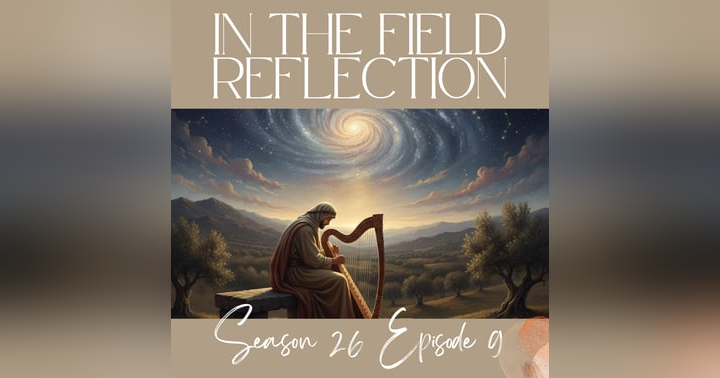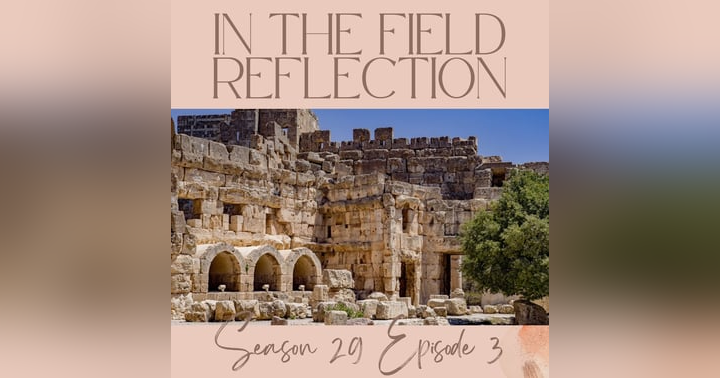Between Tradition and Trust: The Warning We Can't Ignore

The Epistle to the Hebrews 3 stands as a powerful bridge between Jewish tradition and Christian faith, offering timeless wisdom about perseverance, leadership, and the dangers of a hardened heart. Positioned between tradition and trust, this chapter begins by establishing Jesus as worthy of greater honor than Moses—not to diminish Moses’s importance, but to elevate Christ’s supremacy. The author carefully acknowledges Moses’s faithfulness “as a servant in God’s house” while positioning Jesus as “faithful as the Son over God’s house.” This distinction is crucial to the epistle’s message: Jesus is not merely a prophet, but the Son who governs the household of faith.
The historical context of Hebrews adds profound depth to its message. Written to Jewish Christians likely facing persecution and temptation to return to their traditional religious practices, the author creates a compelling case for remaining steadfast in their newfound faith. These believers stood at a crossroads between their rich Jewish heritage and their conviction that Jesus was the promised Messiah. The writer of Hebrews doesn't ask them to abandon their history but to see how Christ fulfills and completes it. This dynamic tension between honoring tradition while embracing something new reflects challenges many believers still face today when faith requires stepping beyond comfortable boundaries.
Perhaps the most striking element of Hebrews 3 is its extended warning about hardened hearts, directly referencing Israel's wilderness wanderings. The author quotes Psalm 95, reminding readers of how the Israelites, despite witnessing God's miraculous deliverance from Egypt, rebelled and ultimately failed to enter the promised land because of unbelief. This historical example becomes a powerful metaphor for the spiritual journey—God's people had physically left Egypt but had not fully embraced the faith required to enter their inheritance. The wilderness becomes a poignant symbol for that in-between space where faith is tested, where believers must choose daily whether to trust God's promises or fall back into patterns of doubt and disobedience.
The chapter's repeated refrain, "Today, if you hear his voice, do not harden your hearts," carries a sense of urgency that transcends time. The emphasis on "today" highlights that faith isn't merely an historical position or a future hope—it's a present reality requiring daily response. This call to present action is paired with the communal instruction to "encourage one another daily," recognizing that perseverance in faith isn't just an individual endeavor but a collective one. The author understood that spiritual drift often happens gradually, through "sin's deceitfulness," making community accountability essential for maintaining faith. This wisdom remains profoundly relevant in our individualistic age, reminding us that authentic faith flourishes best in community.
The concept of "rest" forms another crucial theme in Hebrews 3, pointing toward something greater than physical comfort or the promised land of Canaan. This rest represents a spiritual state of trusting fully in God's promises and provision—a state the wandering Israelites failed to enter because of unbelief. For the original readers and for us today, this divine rest isn't merely a future hope but a present possibility when we cease striving through our own efforts and enter into the finished work of Christ. The chapter thus invites us to examine our hearts: Are we truly resting in God's promises, or are we still wandering in the wilderness of self-reliance and doubt? This question cuts to the core of Christian discipleship and challenges us to move beyond intellectual assent to active, persevering trust.



